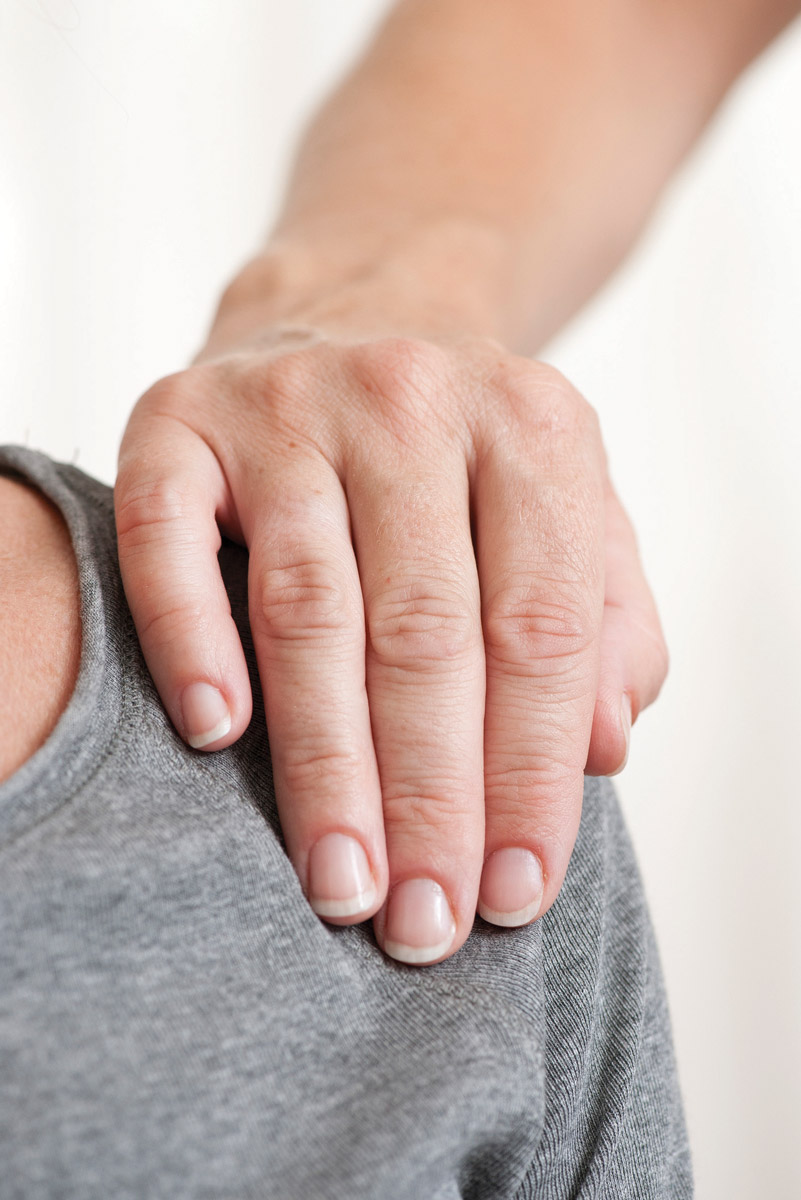A Little Kindness Pays

Most everyone remembers the start of their freshman year. Those first few weeks were filled with anticipation, excitement, and enthusiasm. For many, the future that lay ahead seemed limitless.
I had a different attitude. I didn’t have the time or the inclination to think about the future, because I had been spending all of my energy hiding and managing a secret since I was three years old.
Even though I was genetically male, I felt like a girl inside. I hated my body, hated the boy’s clothes that I had to wear, and hated the Little League, fighting, and sports—that were all part of “learning to be a man.” One time, I told my mom that I wanted to take dance, like the other girls at my school. The punishment that resulted convinced me to never risk sharing my secret again. No matter how I tried to be more of a boy, I still came off as something far more effeminate.
The fact that I survived the first 18 years of my life without attempting suicide, self-medicating with drugs or alcohol, physically harming myself, or sinking into a deep depression still amazes me to this day. Studies have shown that the suicide rate among untreated transgender people is more than 10 times higher than the rate associated with the general population.
Heading off to Vassar, I decided that the only chance I had to “fit in” was to create a dominant persona that would hide the real me from the world.
On one hand, this was wildly successful. But when I applied to be a student fellow in the spring of my freshman year, the person in charge told me that I was completely lacking in empathy for those who were different. “I hate to think how you would react if someone told you that they were gay,” she said. Looking back on things today, I am astonished that my subterfuge was so successful. At the time, though, the only thing that I could think was, Professor, if you only knew …
She didn’t. No one knew, including classmates, professors, and even the counselors at Baldwin whom I consulted about my B average. Because no one knew, I felt completely alone. I wasn’t suicidal, but in spite of the nearly 3,000 people on campus, I felt completely and utterly invisible to everyone around me. Well, not quite everyone.
Joan Malinovsky was a middle-aged woman who came to Vassar looking for a job. She had been a mom for many years, and when her own family departed the nest, Joan found herself working as the lab manager in the Department of Chemistry.
I don’t think Joan ever figured out my secret, but she somehow sensed that I needed something. Whenever we saw each other, she would ask about my studies, my plans after graduation, and my extracurricular activities. Whenever I needed to vent, she was always there to listen, without offering judgment. When I needed advice and a warm hug, but was too shy to ask, she offered both without reservation. For once in my life, I felt like I mattered to someone who really cared about me.
Things did get better after graduation. I started a successful computer consulting business that today provides the revenue to fund a retirement home for elderly farm animals. My mornings are spent mucking stalls, and milking and kissing cows, while the afternoons revolve around Cisco routers and switches, firewalls, and servers. In 2004, I took a two-year sabbatical during which I singlehandedly sailed a 40-foot sailboat around the Great Loop, the Bahamas, Bermuda, Newport, and the coast of Maine. Most important, I found the courage to come out of the closet as transgender three years ago, and to start living the kind of life that makes me happy.
My Vassar education taught me a great deal, but the most important thing I learned was that you don’t need degrees, public accolades, or a high-powered career to make a difference. Joan Malinovsky had none of those things. I don’t think she was ever written up in the Quarterly, chosen as a Commencement speaker, or selected to cut the ribbon on a new campus building. She was merely one of the worker bees who kept Vassar functioning, year after year.
Joan did something, though, that no one else on campus took the time to do. She noticed a lonely, disconnected student and reached out to make a connection. The result is that she saved a life. More important, she showed me that the most incredible things can result from simple acts of kindness.
